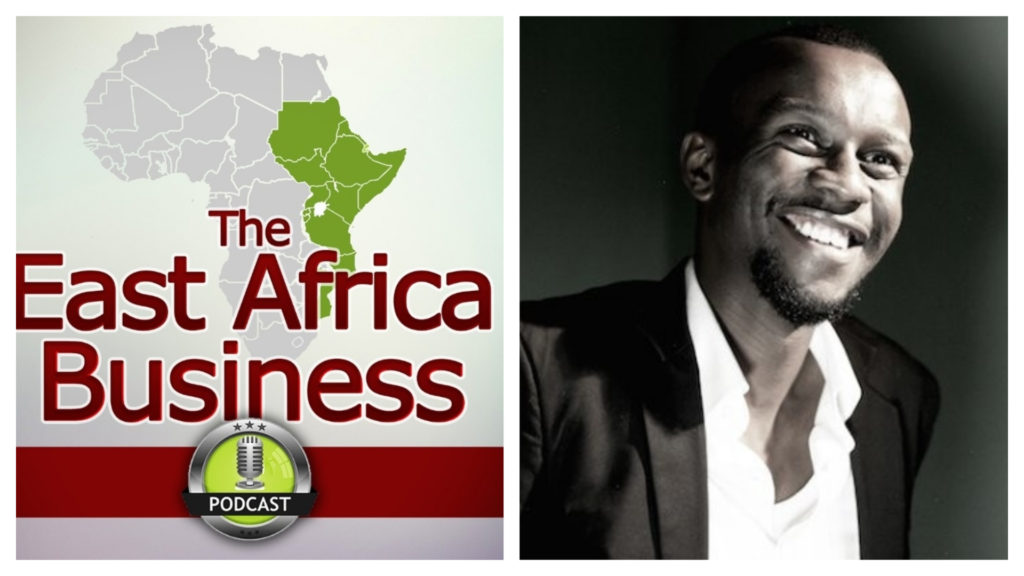Overview
Gaming is something that a lot of people may not consider as a business industry.
I, for one, know or rather knew very little about it, though this interview with Nathan Masyuko from Ludique Works was one of the most insightful interviews I’ve ever had.
We speak about the international, multi-billion dollar business in video games and Africa’s place in it.
It turns out that South Korea is the mecca for gaming, and that individual players are earning hundreds of thousands of dollars from playing video games.
How? Well, the key has been to transform video games as a sport.
For sports to get popular it can’t just appeal to the players, it needs to be turned into a spectator sport.
This is the part which, as someone who has never watched another person play a video game as a form of entertainment, I found the critical piece to unlock how the industry is put together.
Nathan and I also discuss the current state of the East Africa gaming community, the kinship between other nations building games, and Ludique Works vision for building the ecosystem.
The simple message is that the industry in Africa has made it once creatives have the financial backing to focus on making and marketing games.
There’s tons of interesting content in this interview, including links to Nathan’s best recommendations on African games to play.
Sign up below to hear whenever there are new stories and episodes released on the podcast
Have a history in gaming
Nathan ran companies around building games and running events.
Ludique Works
A blend of French for “playful” and a store in an anime business.
It’s being built to be Africa’s biggest player in the gaming business.
The ecosystem is so nascent…
The Ludique Works is building the ecosystem because there aren’t the individual components to rely on.
Professional game players
This is called “e-sports”. There are people who get paid to play in tournaments. They can also earn money by streaming themselves playing video games.
South Korea is the mecca of gaming
For a sport to become popular it needs to become a spectator sport. South Korea cracked this.
Games are followed avidly
For an international tournament, $2m was crowdfunded by fans to the prize pool of who wins the tournament.
It rests on people watching video games for entertainment
Nathan’s pitch on why this should be done is getting to watch someone honing their craft to high level.
Juggling other jobs to pay the bills
African developers need to earn money elsewhere in order to make their games. This distracts people from their ability to make games. Capital investment is the missing piece.
There’s hunger for African-made games
The wider market is looking for authentic African stories (see Black Panther). Africa also has a number of stories that haven’t yet been told through the format of games.
In Africa, most popular games are mobile or PC
They are mostly downloaded via Play Store or Steam.
Popular African games
Legend of Oron (Cameroon), NairobiX (defending the city against zombies), Bungo Hangman (a guy hanging on to a politician’s helicopter).
Cyber cafes
Are how most people are playing games (around $1/ hour to play). Others play games on their phones.
Middle class consumes PC games
The processing power of the machine is the barrier to people consuming games in that way.
International games feature Africa
Resident Evil 5 was based on Kibera (one of the slums in Nairobi). Unclear whether royalty rights were paid.
When has the African gaming industry made it?
When creatives can thrive from just focusing on the gaming industry.
Genders in gaming
Women bring storytelling capabilities that men can’t. Men prefer to just shoot each other.
Lessons & Insights
Biggest insight: for video games to become popular it needs to become a spectator sport
Memorable quotes: gaming should be considered an INDUSTRY, not just programmers
The appeal is watching highly skilled individuals honing their craft. People are paid $50k to play video games. People didn’t know they’d enjoy a gaming expo before we made one.
Links etc
LinkedIn: https://www.linkedin.com/in/digitalsennin/
Twitter: (Nathan Masyuko) https://twitter.com/digitalsennin; Douglas https://twitter.com/douglasogeto; Lillian https://twitter.com/nananduati
Website: http://www.ludique.works
Best African games: Aurian: Legacy of the Kori -Odan (Cameroon), Semblance: Puzzle Platformer Game (South Africa) , Boda-Boda Madness Kenya )

Thanks for the insights. Can you please help me and give me some advice on how I can improve my gaming cafe.
Am Timothy, I operate a small gaming cafe in suburban Kampala worth about $1500.
Hi Timothy. The best thing will be to contact Sumit directly. Best of luck!